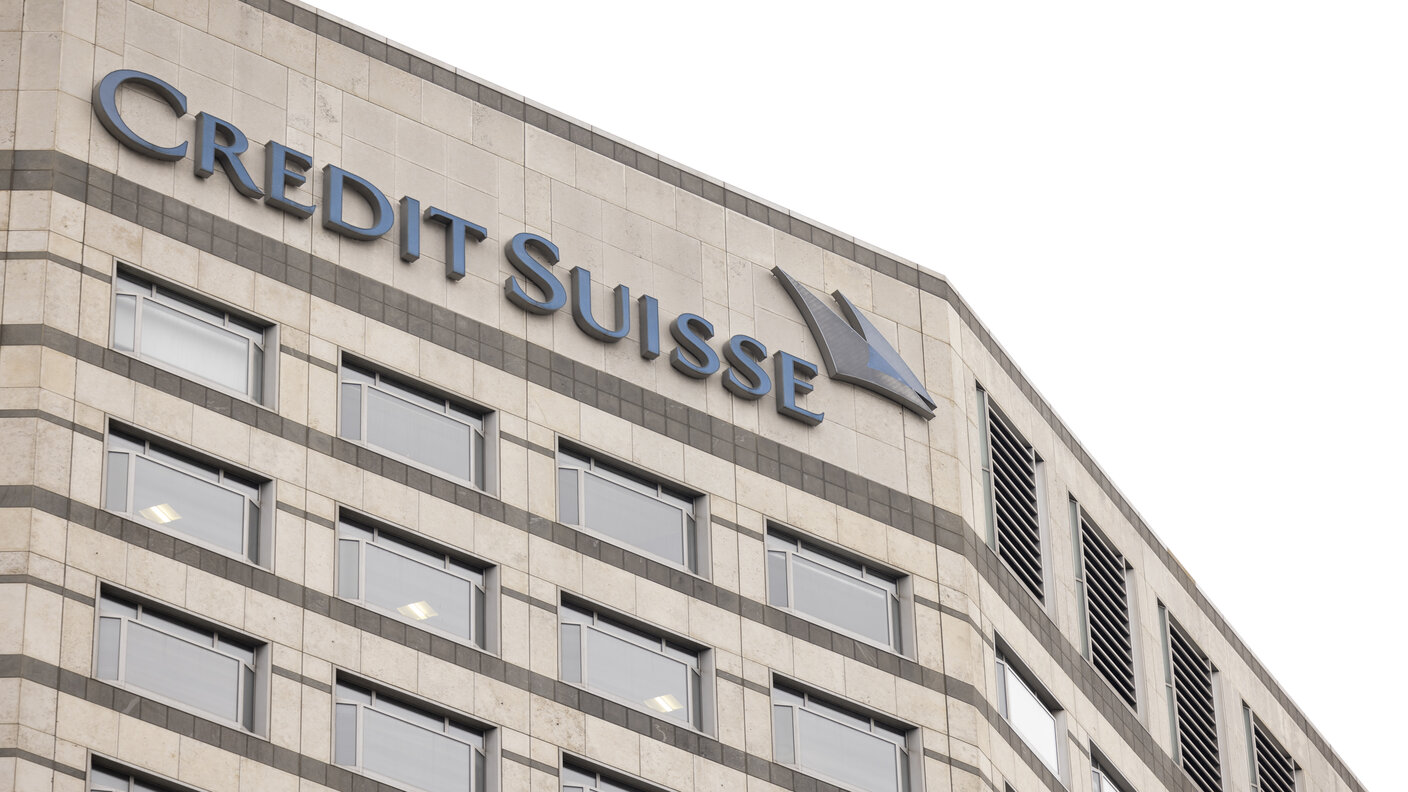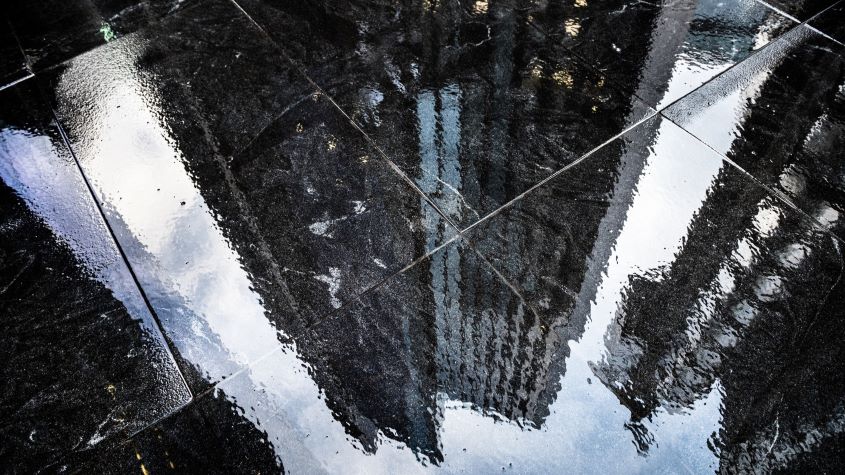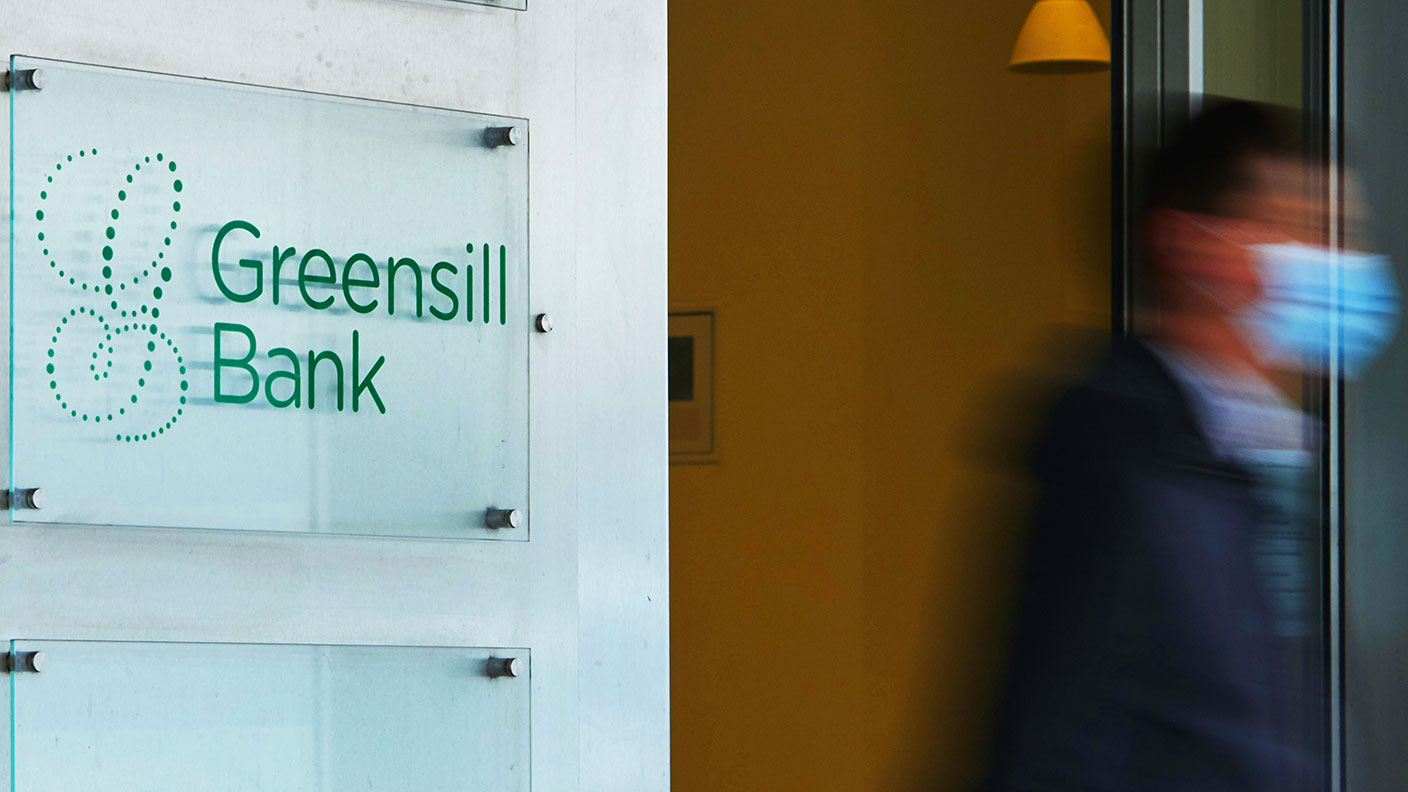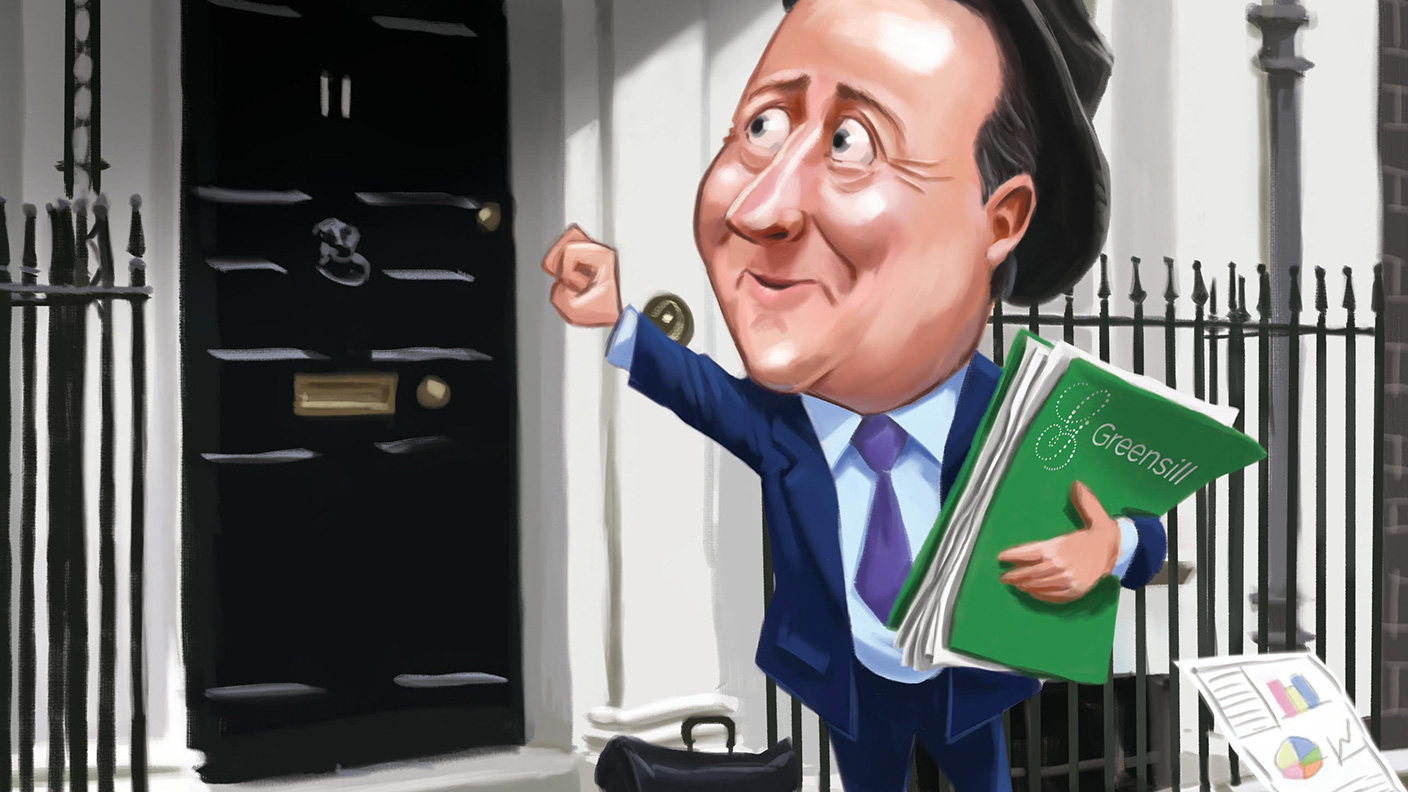Draghi 1, Germany 0
The European Central Bank is going to pump €60bn a month into the markets until at least September 2016. John Stepek looks at what that means.

Get the latest financial news, insights and expert analysis from our award-winning MoneyWeek team, to help you understand what really matters when it comes to your finances.
You are now subscribed
Your newsletter sign-up was successful
Want to add more newsletters?

Twice daily
MoneyWeek
Get the latest financial news, insights and expert analysis from our award-winning MoneyWeek team, to help you understand what really matters when it comes to your finances.

Four times a week
Look After My Bills
Sign up to our free money-saving newsletter, filled with the latest news and expert advice to help you find the best tips and deals for managing your bills. Start saving today!

Let's cut straight to the chase.
If Europe is all about Mario Draghi vs the Germans, then this is a case of "Mario 1, Germany nil points'".
He looked unusually cheerful when he arrived on stage late (held up by the lifts, apparently).
MoneyWeek
Subscribe to MoneyWeek today and get your first six magazine issues absolutely FREE

Sign up to Money Morning
Don't miss the latest investment and personal finances news, market analysis, plus money-saving tips with our free twice-daily newsletter
Don't miss the latest investment and personal finances news, market analysis, plus money-saving tips with our free twice-daily newsletter
Then the boss of the European Central Bank told everyone that he's going to pump €60bn a month into the markets. He's going to do it until at least September 2016. But it'll "be conducted until we see a sustained adjustment in the path of inflation."
In other words, this is open-ended if it needs to be.
Also, the amount of money being printed is significantly higher than the leaked €50bn that we heard about yesterday (maybe the ECB was doing some kite-flying to gauge the market's reaction).
Did this do the job? It depends on what job you want or expect it to do.
If you expect it to save the entire eurozone economy from deflation, high unemployment, and extreme misery well, no, it won't. Quantitative easing (QE) elsewhere in the world hasn't really achieved that.
But if you expect it to drive bond prices up (and yields down) and to drive share prices higher then yes, it seems to be working.
It's also kept the euro down, which is of course the quickest way that this can help the real' economy, by helping exporters for example.
We've always said that QE was likely in Europe and that it was likely to be good for asset prices. So we'd stick with our suggestion to buy Europe and if you want to know what stocks to buy, get hold of the latest issue of MoneyWeek magazine, out on Friday.
If you're not already a subscriber, you can get your first eightissues free right now but act quickly, that deal won't last forever.
Get the latest financial news, insights and expert analysis from our award-winning MoneyWeek team, to help you understand what really matters when it comes to your finances.

-
 Early signs of the AI apocalypse?
Early signs of the AI apocalypse?Uncertainty is rife as investors question what the impact of AI will be.
-
 Reach for the stars to boost Britain's space industry
Reach for the stars to boost Britain's space industryopinion We can’t afford to neglect Britain's space industry. Unfortunately, the government is taking completely the wrong approach, says Matthew Lynn
-
 What happened to Credit Suisse?
What happened to Credit Suisse?Analysis UBS acquired Credit Suisse at £2.65bn on Sunday afternoon – significantly below its closing value on Friday, which was around £7bn. We take a look at what happened to this former Swiss champion.
-
 Will Silicon Valley Bank’s collapse spark a new crisis?
Will Silicon Valley Bank’s collapse spark a new crisis?Analysis The fall of Silicon Valley Bank and the rescue of Credit Suisse have sent shockwaves through the financial system. However, they’re unlikely to lead to another 2008-style bank crisis says Cris Sholto Heaton
-
 Credit Suisse data leak reveals Swiss banks are home to scores of criminals’ loot
Credit Suisse data leak reveals Swiss banks are home to scores of criminals’ lootBriefings Swiss banks have looked after the loot of a variety of unsavoury characters, according to new leaks from Credit Suisse. Did new laws in the wake of the financial crisis change nothing?
-
 The Greensill saga: what’s it about and what does it mean for you?
The Greensill saga: what’s it about and what does it mean for you?Briefings The collapse of Lex Greensill’s business empire has left a trail of financial devastation across several countries. Saloni Sardana looks at what happened and who was involved.
-
 Greensill, Cameron and the return of Tory sleaze
Greensill, Cameron and the return of Tory sleazeBriefings The collapse of Greensill Capital threw a spotlight on political lobbying when it emerged that former PM David Cameron had been fighting its corner. Just how big a problem is it?